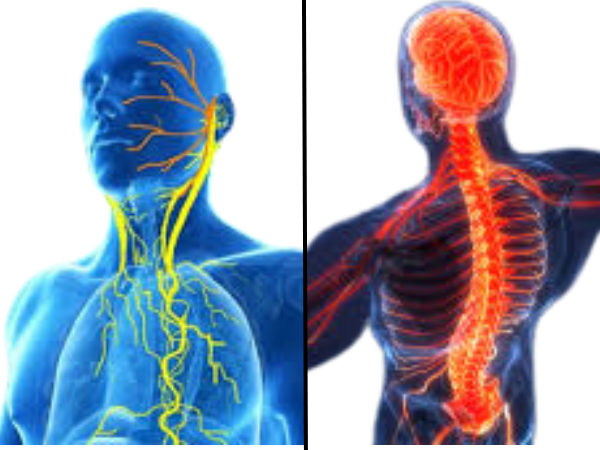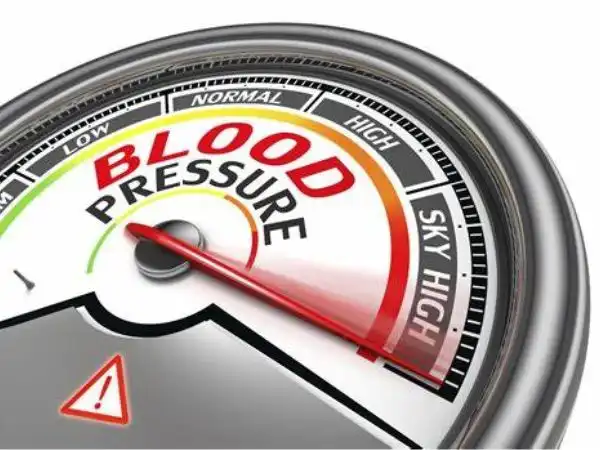Your stomach does more than digest food-it’s a finely tuned communication hub. Ever felt fluttering in your belly when stressed or bloated after a small meal? The answer lies not just in what you eat, but in a powerful nerve connecting your gut to your brain: the Vagus Nerve. Understanding What is the Vagus Nerve and the brain gut axis is key to rebalancing digestion and mood.

What is the Vagus Nerve?
The Vagus Nerve-Latin for “wandering nerve”-is the tenth cranial nerve winding from the brainstem through neck, chest, and abdomen. As a major player in the brain gut axis, it sends motor commands from the brain and sensory signals from the gut. A 2018 review describes it as a bridge in the brain–gut axis, involved in psychiatric and gut disorders frontiersin.org. To explore how to stimulate vagus nerve fibers effectively, one must target both its sensory (afferent) and motor (efferent) functions to balance the brain gut axis.
Does the Brain Really Control Our Stomach?
Yes-and the regulation is bidirectional via the brain gut axis, primarily through the Vagus Nerve. A 2023 animal study on IBS rats showed non-invasive VNS-from the brain to gut-reduced pain and improved motility academic.oup.com. This demonstrates how to stimulate vagus nerve activity to influence digestion, affirming the role of the brain gut axis in stomach control.
What Could Be the Real Reason Behind Bloating?
Bloating is often gas-but might stem from disrupted nerve control. A 2024 systematic review found VNS, when applied correctly, improves motility and reduces bloating. This shows restoring Vagus Nerve signals along the brain gut axis can alleviate underlying causes, and teaches useful methods for how to stimulate vagus nerve for better digestion.
Can a Dysfunction in the Vagus Nerve Cause Bloating?
Absolutely. Gastroparesis patients exhibit sluggish digestion due to dysfunctional Vagus Nerve control of the brain gut axis . Gastric pacing-while helpful-works in part by reactivating vagal pathways. Learning What is the Vagus Nerve nerve is thus central to restoring proper motility and relieving bloating.
Why Does Stress and Anxiety Make the Stomach Feel Heavy?
Chronic stress inhibits the Vagus Nerve, upsetting the brain gut axis and slowing digestion. A 2024 review clarified that stress suppresses vagal tone, elevates gut inflammation, and worsens IBS frontiersin.org. Techniques like deep breathing and meditation-methods for how to stimulate vagus nerve-are proven to restore balance along the brain gut axis, easing heavy belly sensations.
What is the Connection Between the Brain and the Gut?
The brain gut axis is a dynamic, two-way system: nerves (especially the Vagus Nerve), hormones, microbiota, and immune signals constantly interact. A 2023 Nature paper confirmed that gut microbe signals transmitted via the Vagus Nerve can influence cognition and mood, proving how central brain-gut communication is . This demonstrates why knowing what is the Vagus Nerve is pivotal to improving both gut health and mental wellness.
Which Diseases Can Affect the Vagus Nerve?
The Vagus Nerve can be compromised in IBS, IBD, Parkinson’s, diabetes, depression, PTSD and more-conditions linked through the brain gut axis . A recent trial shows non-invasive VNS helped ulcerative colitis patients by reducing inflammation. This furthers understanding of how to stimulate vagus nerve as therapy across multiple disorders involving the brain gut axis.
Is Bloating Always Caused by Gas, or Can There Be Other Reasons?
Not always. Slowed motility from faulty Vagus Nerve signals can ferment food, causing bloating without excess gas. Inflammatory responses-regulated via vagal immune pathways-can increase fluid retention. Understanding how to stimulate the vagus nerve helps restore normal motility, transit time, and fluid balance within the brain gut axis .
How Can You Activate or Keep Your Vagus Nerve Healthy?
Practical methods for how to stimulate vagus nerve include:
- Deep diaphragmatic breathing, shown to increase vagal tone and accelerate digestion .
- Cold exposure (e.g., cold-water face immersion) stimulates vagal afferents and parasympathetic response.
- Non-invasive transcutaneous auricular VNS (taVNS) improved constipation and abdominal pain in IBS-C by modulating the brain gut axis.
- Mindfulness meditation and yoga, proven to boost vagal tone, benefit GI and psychological health via the brain gut axis .
- Balanced diet rich in fiber and fermented foods helps support microbiota signaling to the Vagus Nerve through the brain gut axis .
- Gentle exercise promotes immune and nervous system balance, reinforcing vagus-mediated brain gut axis benefits .
When Should You See a Neurologist for Stomach-Related Issues?
If persistent bloating, nausea, weight loss, or neurological symptoms occur, evaluation of vagal function is warranted. Tests like gastric emptying studies and autonomic function checks can highlight Vagus Nerve impairment in the brain gut axis. Neurologists might recommend VNS therapy, behavioral interventions, or refer to interdisciplinary specialists, demonstrating integrated care using knowledge of how to stimulate vagus nerve to resolve gut-brain signaling issues.
Final Thoughts: Listening to Your Gut
The Vagus Nerve is a silent powerhouse, bridging the mind, immunity, and digestion via the brain gut axis. Whether through breathing, cold exposure, mindfulness, safe electrical stimulation, nutrition, or exercise, knowing what is the Vagus Nerve enables you to strengthen digestion, mood, and resilience.
If symptoms linger-especially despite efforts to balance the brain gut axis-don’t ignore them. Seek professional evaluation, where targeted knowledge of how to stimulate vagus nerve may unlock healing pathways. Listen to your gut’s silent communicator-your path to wellness starts there.


